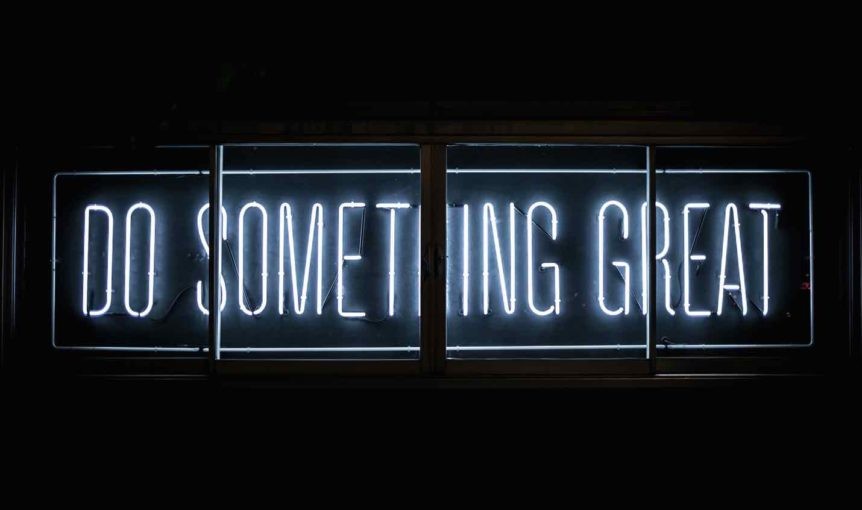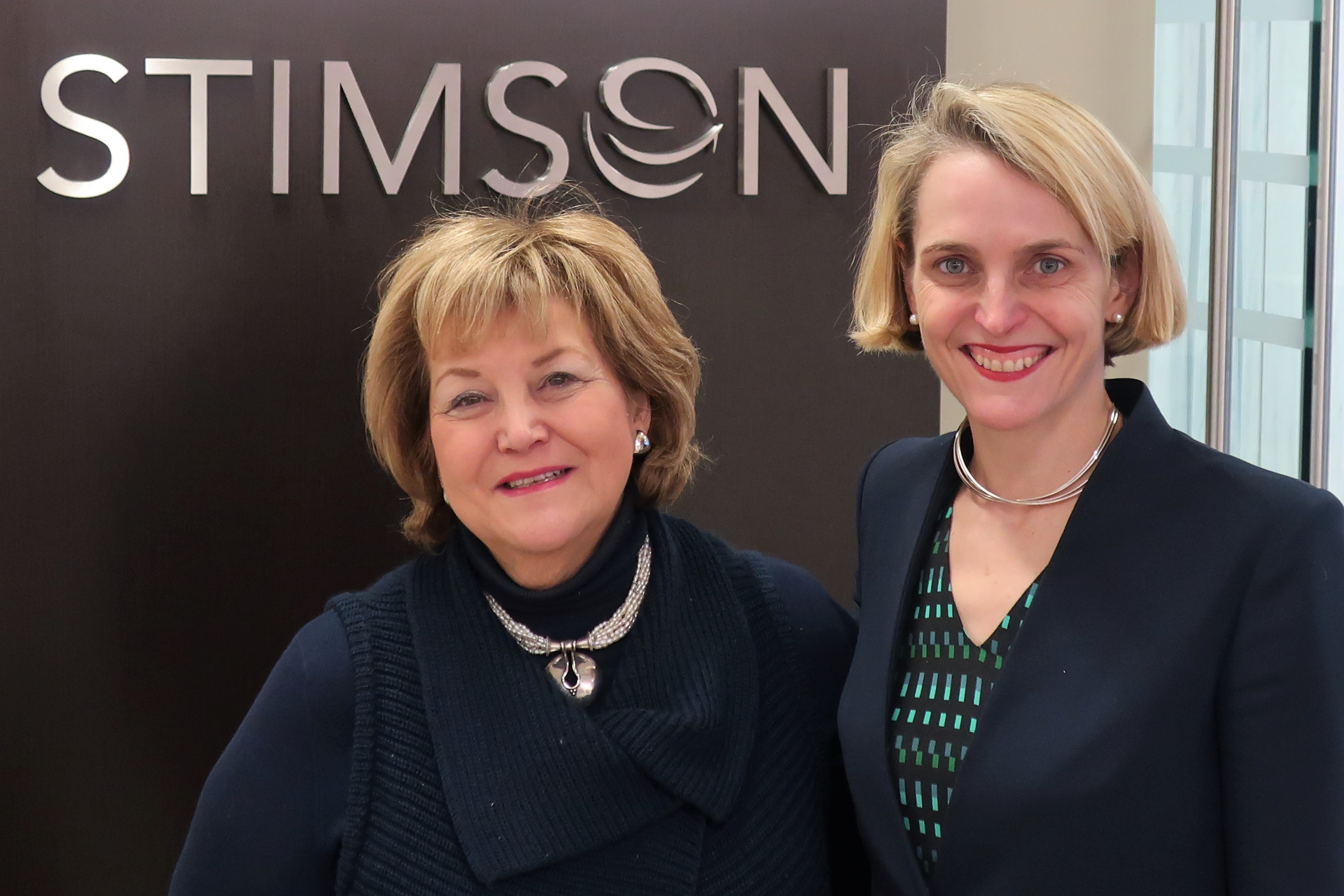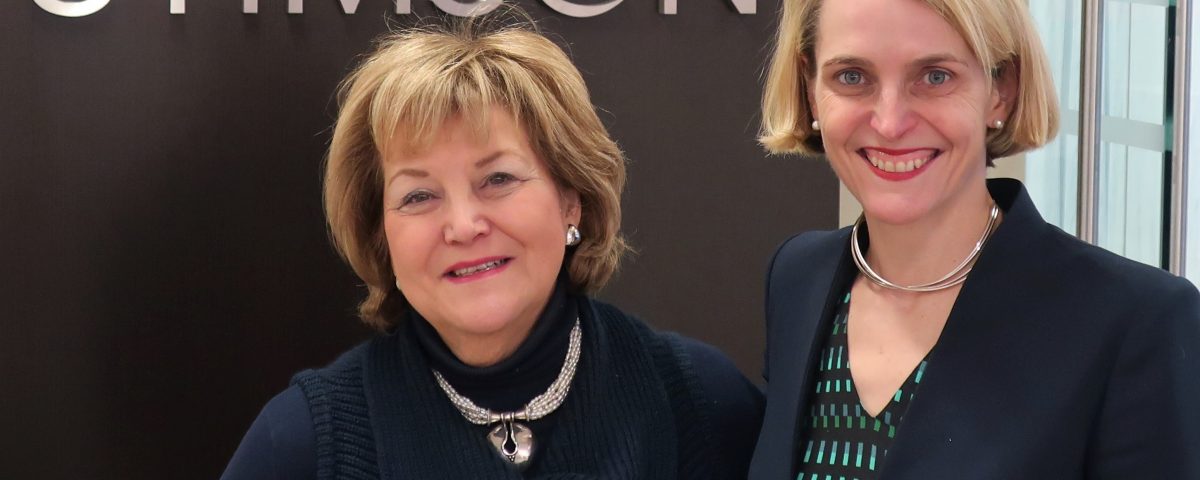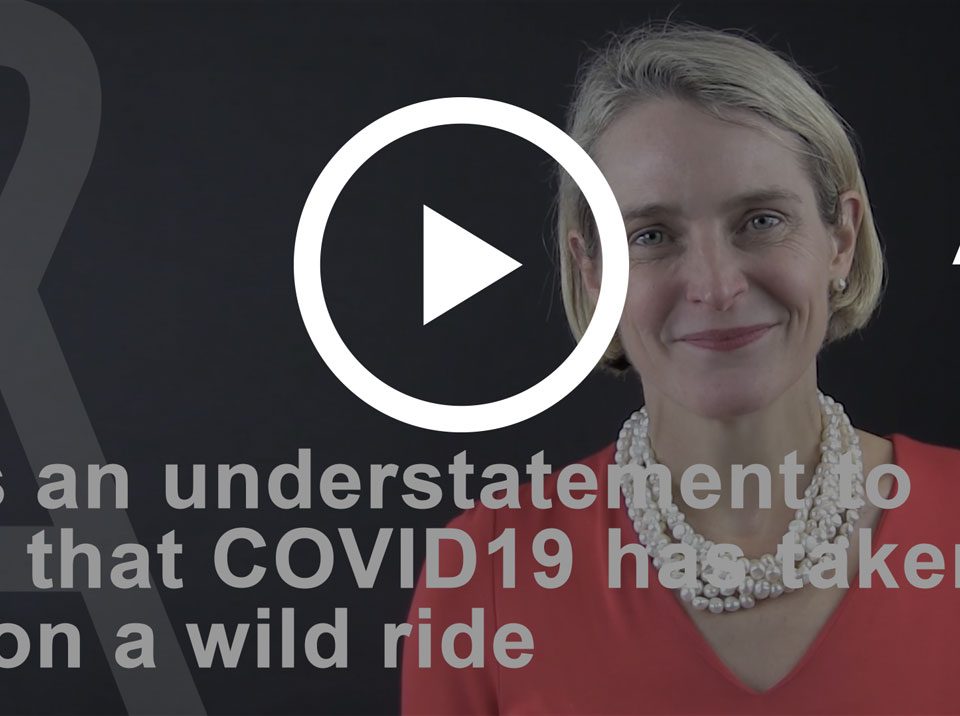
‘Retreat to go forward’: Four money lessons from tai chi
08/08/2018
Think and Grow Rich revisited
08/08/2018
Johanna is an expert on post-conflict transition and democratization issues, specialising in the Caribbean, Central American and Brazilian regions. However, as the scope of the Stimson centre evolved from nuclear and conventional arms control, she’s now focused on the way food policies drive conflict.
“In the last few years, we’ve taken a greater interest in food security and environmental security. They’re both inter-related because they do pose national security threats as defined by our security establishment.” says Johanna.
“I was asked to focus more on the food security space, although my training is as a latin american-ist and it is going to be the breadbasket of the world in the 21st century.”
“The literature we study, while it shows that conflict itself does not come because of food, the drivers of conflict are certainly the inability to cultivate, particularly in Sub-Saharan Africa. Also South East Asia and the impact that food insecurity has on creating fights among different groups. These are very important factors.” she explains.
“Food is a tool. Food can be a weapon of war, we saw that in Syria when there was a bombing of bakeries, people waiting on line. Bread is so important to the Middle Eastern culture and what did the Syrian regime do? They bombed at the hour when people were going to buy bread for their evening meal.”
Stimson is nonprofit, nonpartisan and one of the top 20 think tanks in the United States.
“We have a predominantly female investigator group.”
“We are in fact very woman focused because a lot of the issues we deal with have a great deal of impact on gender as well.”
“We sit and we think, it’s true, but we also are conveners. We bring other groups to the table.”
“We’re working with the private sector right now on looking at global innovation in the food space, how do we prevent food waste and what are the key areas.”
“We work with groups in Europe on non-proliferation. Partnerships are what we do.” says Johanna.
The Stimpson Centre also co-sponsors an Annual Summit on Global Food Security and Health. The most recent summit focused on the interrelationship between food security and national security, progress and challenges. Also the growing importance of food security private-public partnerships, resilience, critical indigenous food security challenges, nutrition and health issues.
“Global food insecurity is probably going to get worse with the climate becoming hotter.”
“It’s also going to create more conflict and the challenge is how we approach this with new tools. Our military, we all agree, is not the tool we use but often, when all you have is a hammer, with our budget, everything looks like a nail and that’s where we are in this challenge.”
An Adjunct Professor at American University’s School of International Service, Johanna also teaches the unique course Conflict Cuisine®: An Introduction to War and Peace Around the Dinner Table. The course explores events that have shaped modern conflict and the way diaspora populations and their cuisines provide an important lens from which to understand the power of food as a tool to build peace.
“It’s a serious course where students learn a couple of things; the power of culture and the power of food as a proxy for other kinds of issues. Food is a very useful lens into society.”
Johanna’s impressive career has taught her indelible lessons.
“There are two things I’ve learned. One is that you have to be flexible. Flexibility and open mindedness to things are important.” she says.
“The second thing is reinvention. I have reinvented myself multiple times and I don’t think it’s to my detriment, I think it’s to my knowledge.”
“Reinvention is the way you learn. If you don’t reinvent yourself you may never go far. I think the benefits of the world we live in; access to information, the openness and the ability to travel is that it allows you to reinvent yourself.”
“What I believe is so important for young women is to keep that open mindedness about what their options are. If one path doesn’t work, don’t give up, move to another path and ultimately you find what you love.”
Listen to this week’s full interview at The Constant Investor or iTunes.





